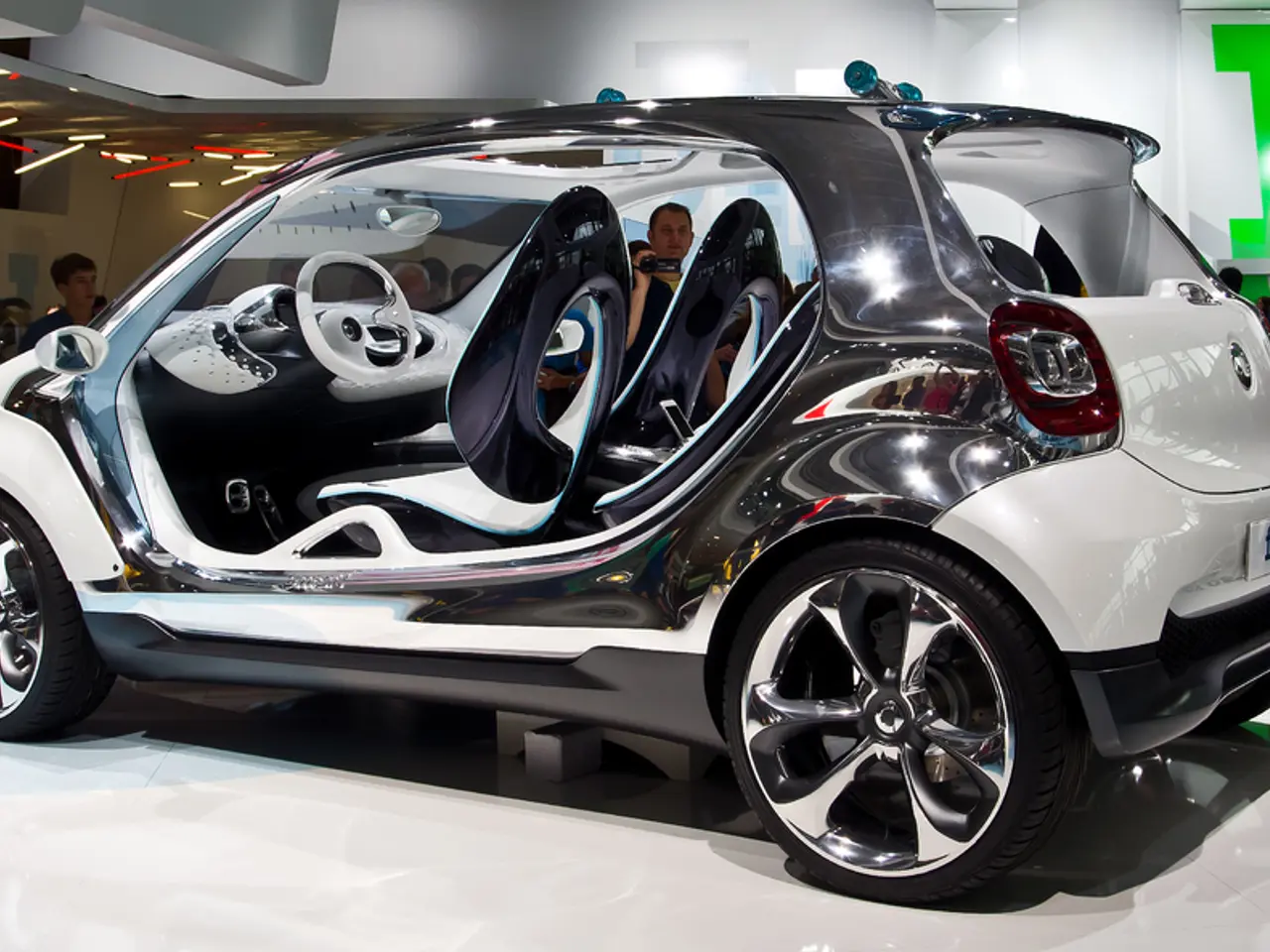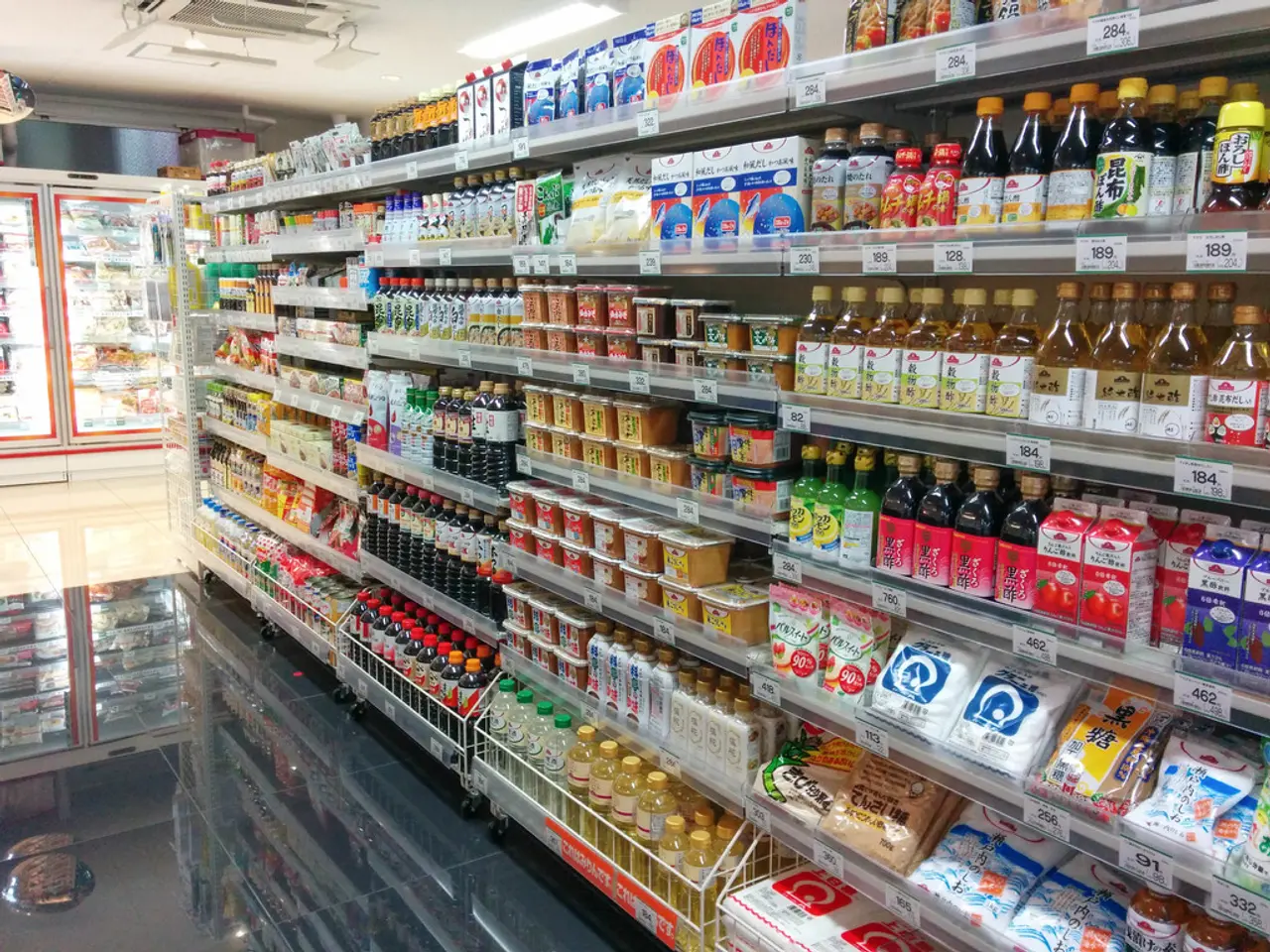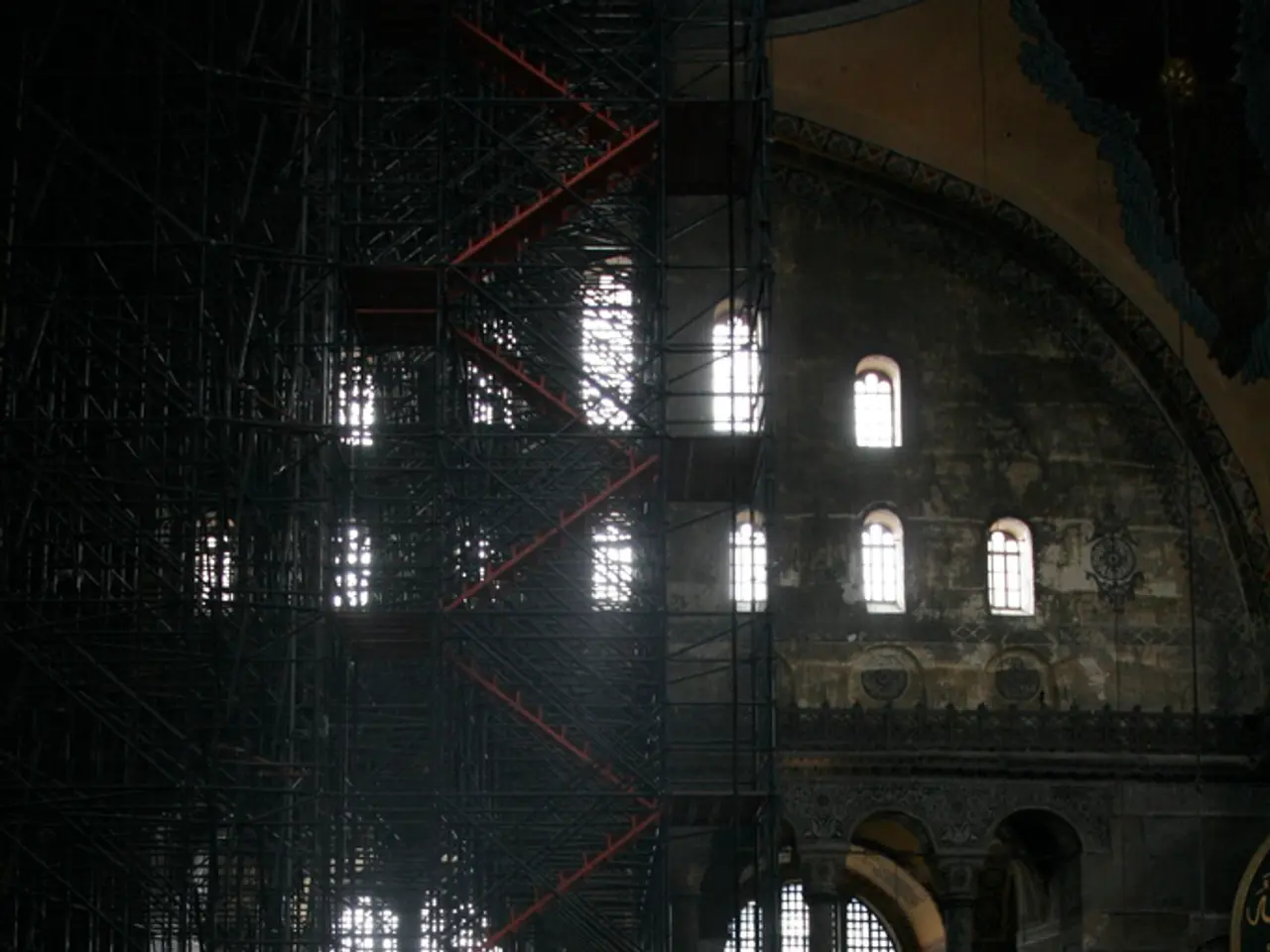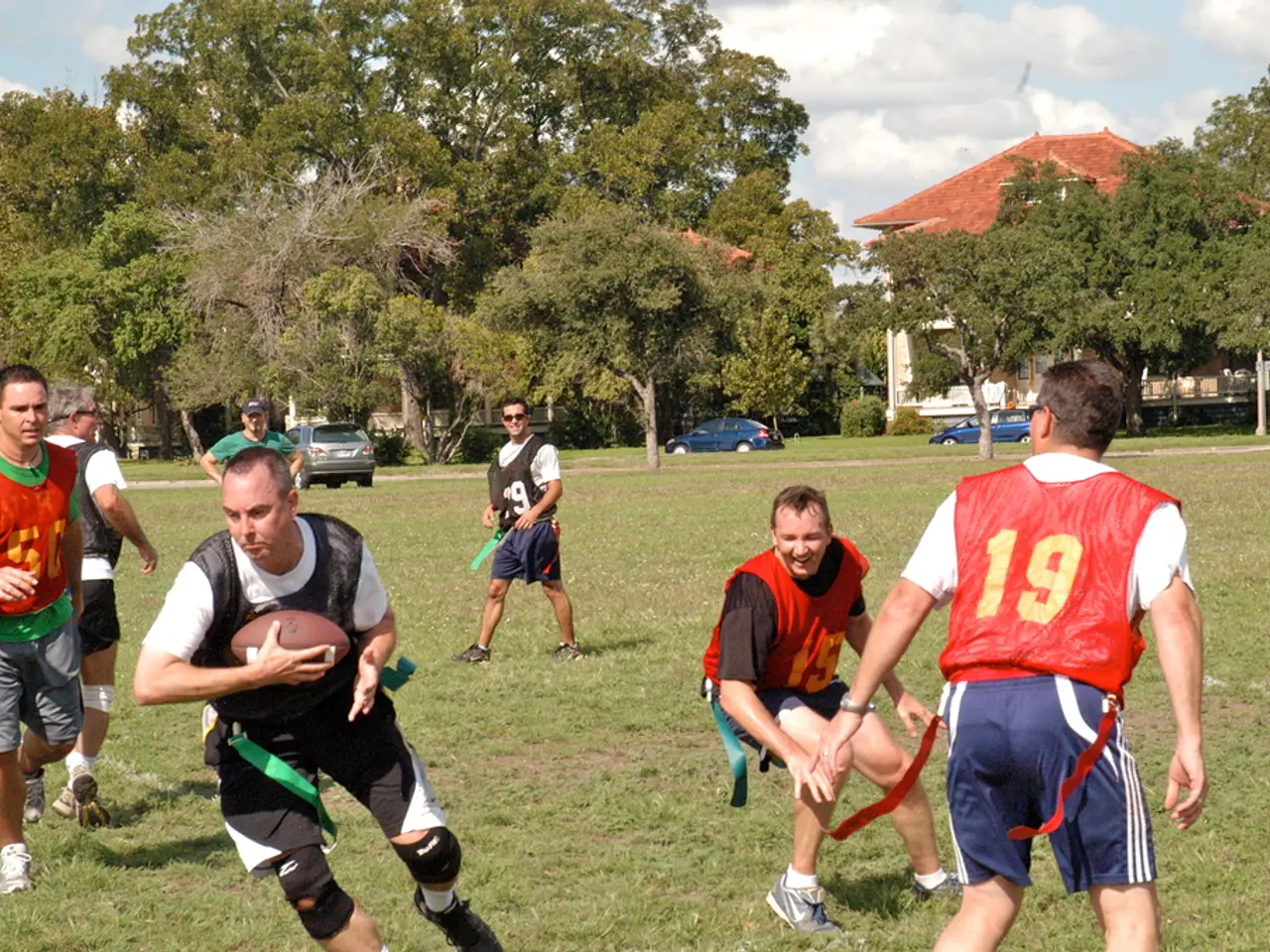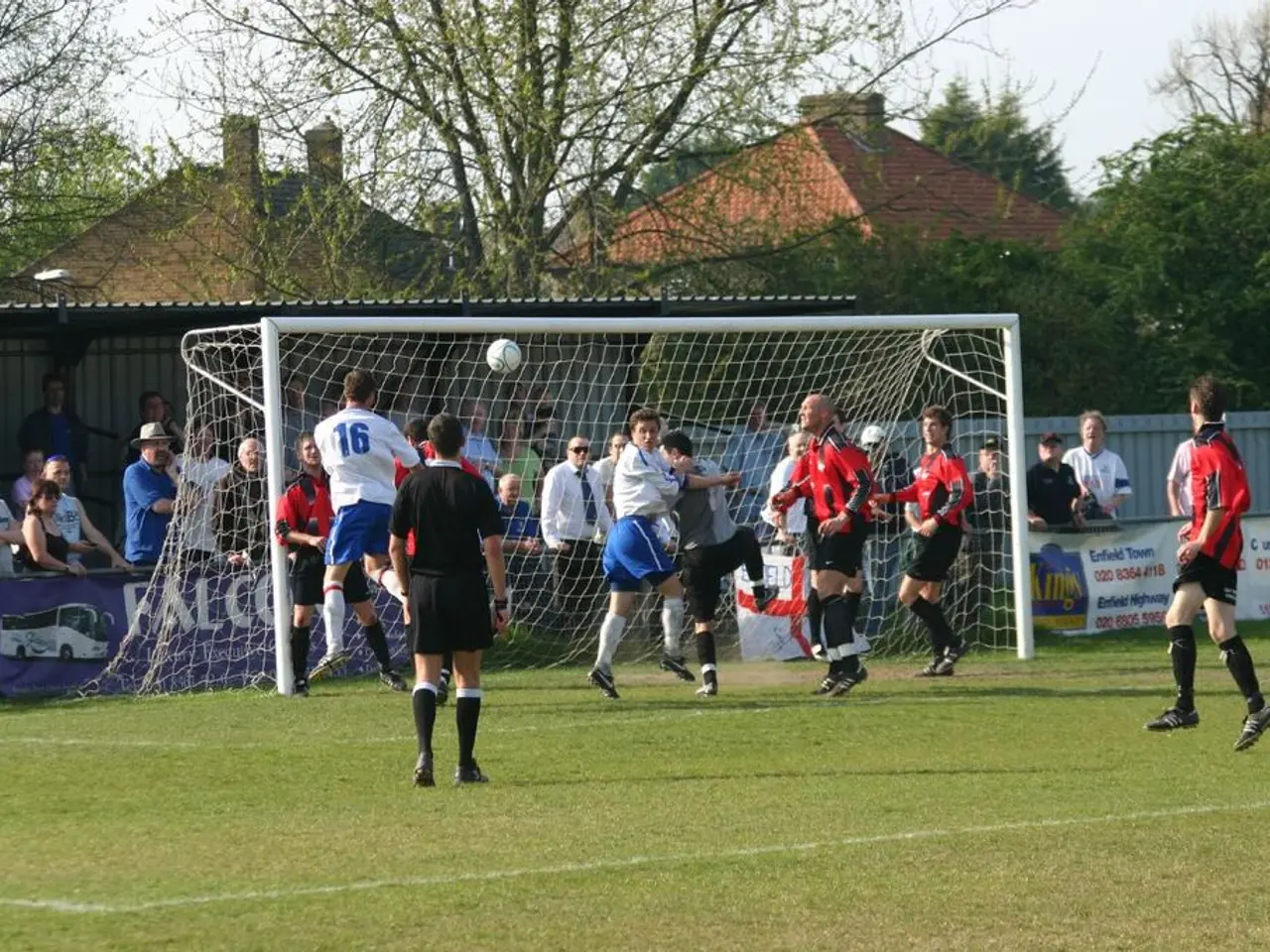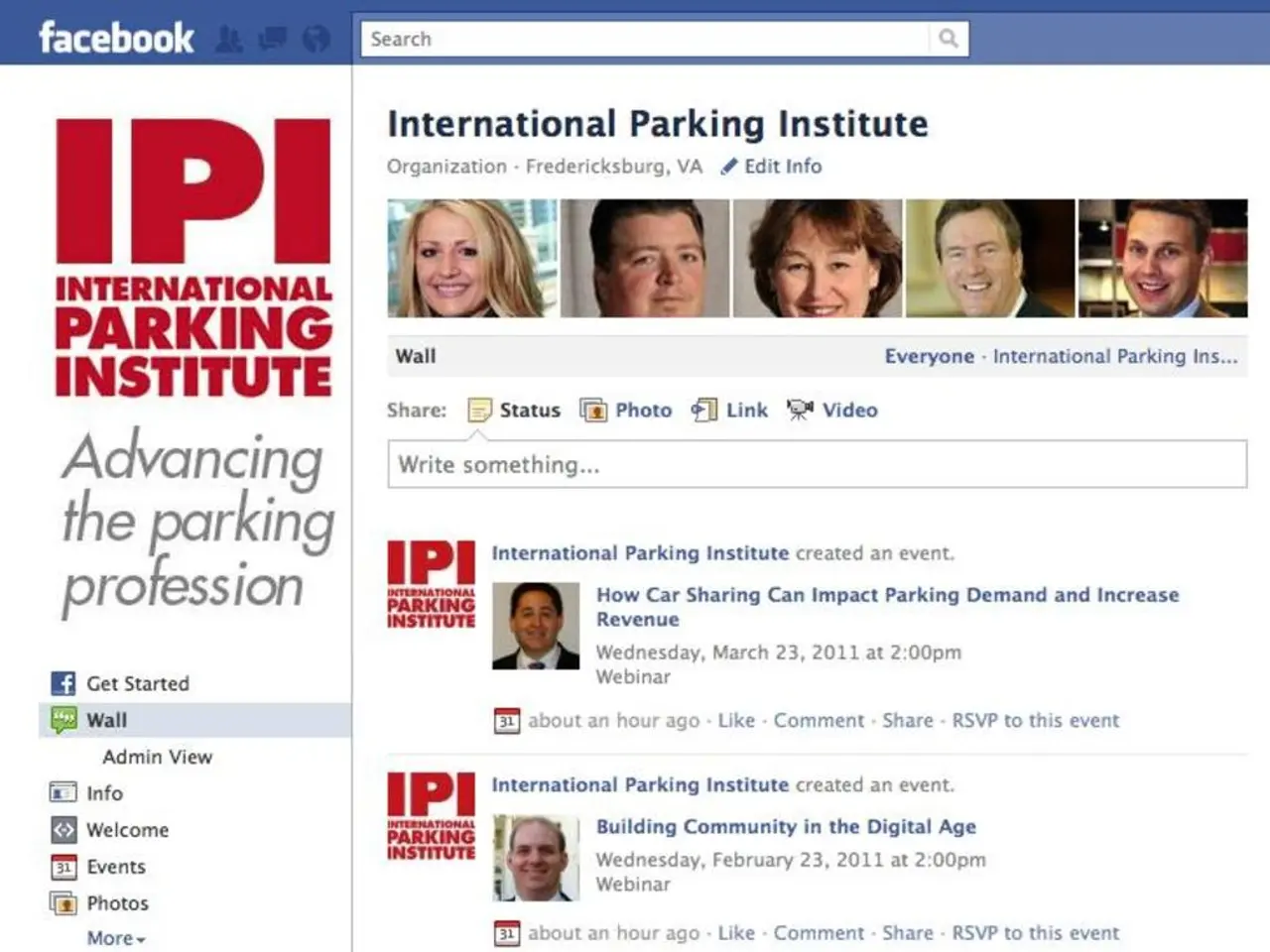Automaker industry in Russia plans to lessen employee work shifts
In the heart of Eastern Europe, the ongoing conflict in Ukraine has far-reaching consequences, and one industry feeling the brunt of these repercussions is the Russian automobile sector.
The Russian automobile industry is currently experiencing a significant downturn primarily due to collapsing consumer demand, which is partly linked to the broader economic fallout from the war in Ukraine. This declining demand has led to a projected market contraction of around 24% in 2025, with total sales expected to fall to approximately 1.25 million units, down from earlier forecasts of 1.4 million units.
Major manufacturers are severely impacted. Russia's largest automaker has had to cut employee wages by at least 20% and shift to a four-day workweek due to reduced production needs caused by plummeting demand. Production has also halted entirely at major facilities, such as the Pavlovo Bus Plant, reflecting the sharp plunge in sales. Additionally, the overproduction relative to demand has resulted in a large inventory buildup at dealerships—about 500,000 unsold vehicles by mid-2025, which represents enough stock to last between four to seven months, far above the typical two months' supply. This glut is threatening the viability of dealerships, with estimates that around 30% may be forced to close.
The root of this decline connects to the broader consequences of Russia’s invasion of Ukraine, which has disrupted trade, financial conditions, and consumer confidence domestically. Economic sanctions, increased interest rates, and limited access to consumer credit have compounded the challenges faced by the automotive sector. Despite some state programs aimed at boosting demand and modest interest rate cuts by the Central Bank, the recovery prospects remain uncertain without more substantial intervention.
Meanwhile, on the battlefield, the Ukrainian National Guard continues to demonstrate resilience and innovation. In a remarkable operation, the 4th Brigade rescued a surrounded soldier using an e-bike delivered by a drone. The Ukrainian General Staff also reported fewer than 1000 Russian casualties within 24 hours for the first time in days.
The conflict in Ukraine has also led to calls for change from Ukrainian President Volodymyr Zelensky. He has urged Western allies to push for a regime change in Russia and to take tougher action against the sale of banned electronic components to Russia.
As the conflict continues, the impact on various sectors, including the Russian automobile industry, serves as a stark reminder of the far-reaching effects of war. The situation remains fluid, and the future of the industry hangs in the balance.
References: 1. BBC News 2. Reuters 3. Bloomberg 4. The Moscow Times 5. The Guardian
- Amidst the economic turmoil in Russia due to the ongoing conflict in Ukraine, some community members are advocating for policy changes, such as President Volodymyr Zelensky's call for Western allies to push for a regime change in Russia and take tougher action against the sale of banned electronic components.
- Despite the Russian automobile industry being severely impacted by the economic fallout from the war in Ukraine, innovative solutions are being implemented, as demonstrated by the Ukrainian National Guard's use of a drone to deliver an e-bike and rescue a surrounded soldier.
